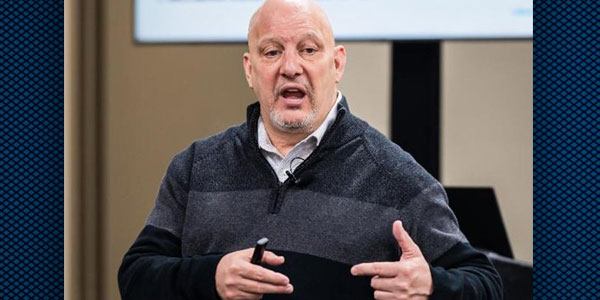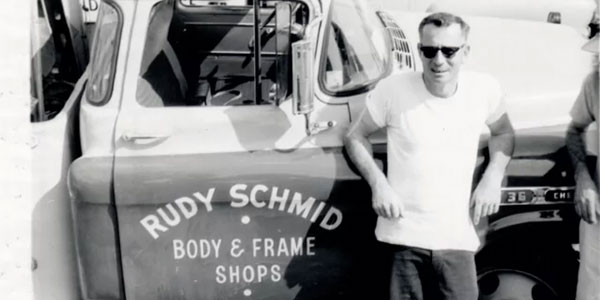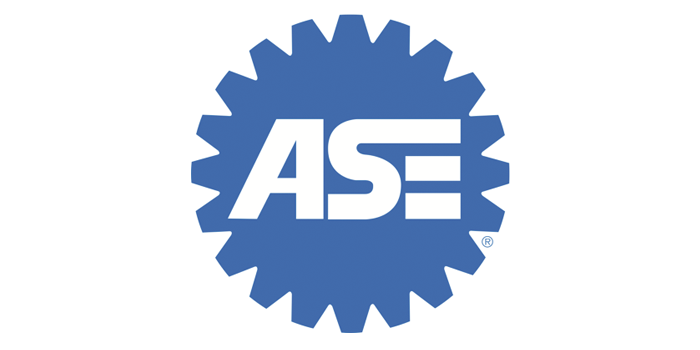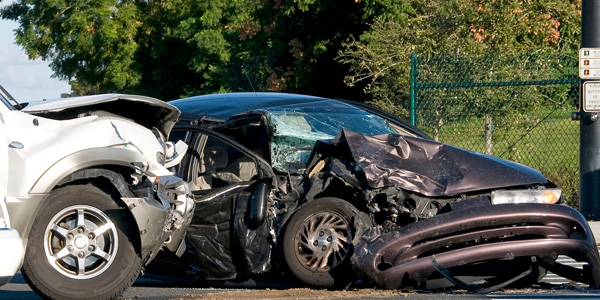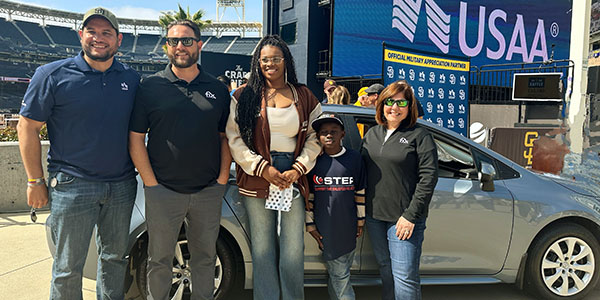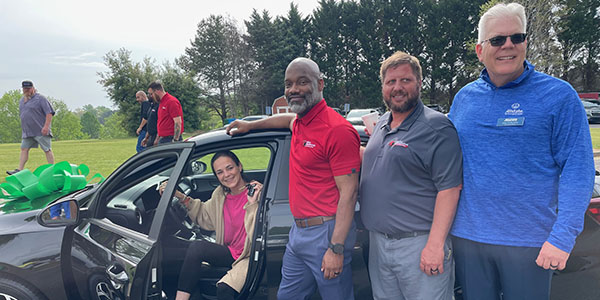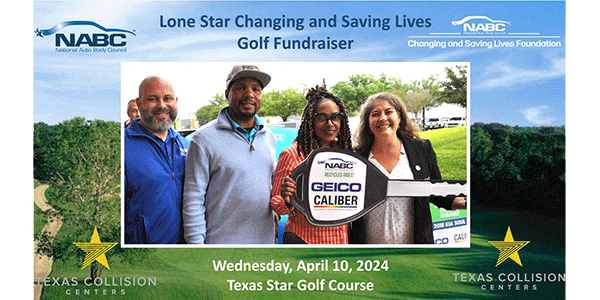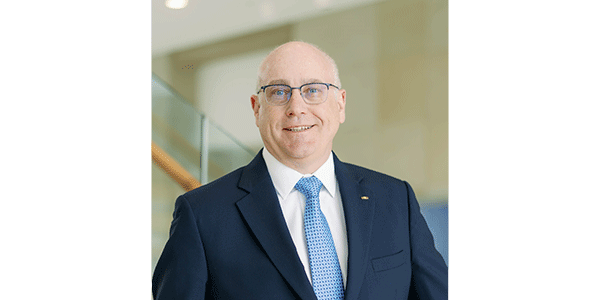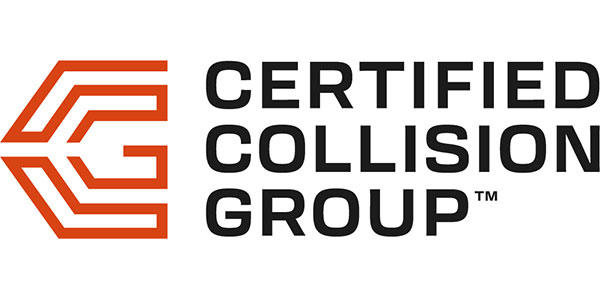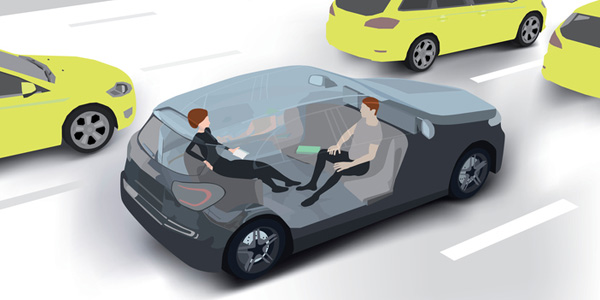
The continuing development of automated driving systems (ADS) will lead to the most substantive changes in the 130-year history of the automotive industry. This rapid evolution will bring radical changes to government regulations, industry practices, the potential obsolescence of human drivers and also will change the legal landscape for consumers, automakers, attorneys, insurance companies and others.
According to “Automated Vehicles: Liability Crash Course,” a report released by J.D. Power and the global law firm of Miller Canfield, consumers are suspicious of technology failures and, relatedly, they desire to resolve ADS product liability claims out of court.
The report is the result of a research project led by Miller Canfield and J.D. Power in collaboration with Mcity, a connected and automated vehicle research and testing center located at the University of Michigan in Ann Arbor. Miller Canfield is one of the first law firms to establish a practice group specifically focused on addressing the legal needs of the rapidly growing ADS industry.
The report centers on liability issues affecting ADS, with a particular focus on how ADS product liability claims may be resolved, as well as which data is most useful in reconstructing ADS accidents. This comes as traditional players and new, non-traditional entrants to the industry compete to introduce the first fully automated vehicles to the market.
J.D. Power surveyed more than 1,500 drivers who provided feedback regarding automated vehicle technology and their willingness to participate in alternative dispute resolution programs, as opposed to pursuing their claims through litigation. The study also obtained the viewpoints of top product liability litigators on the practical implications of litigating ADS product liability claims.
“Consumers are far more likely to settle product liability claims out of court, as long as they feel that there is transparency and fairness in the process,” said Zlatina Georgieva, product liability and regulatory compliance attorney at Miller Canfield and co-author of the report.
The report includes a detailed analysis of consumer and litigator viewpoints, and utilizes historical crash data and lessons learned from other industries as well as prior automotive litigation to devise proactive solutions for adapting to technological advancements. It offers unbiased insights and a call for action to the legal community to help bridge, rather than hinder, the progression of automated driving technology.
“Sentiment remains fragile toward automated vehicles as consumers are cautious and the need to build trust continues,” said Kristin Kolodge, executive director of Human Machine Interface at J.D. Power and co-author of the report. “Consumers express an expectation that collisions would not occur with automated vehicles and are holding ADS to a higher safety standard than traditional vehicles.”
Following are key findings of the report:
- Consumers are equally split if they would ride in a fully automated, self-driving vehicle, with 14 percent saying they “definitely would,” and 33 percent saying they “probably would” compared with 29 percent saying they “probably would not,” and 17 percent saying they “definitely would not.”
- One-third of drivers report that they would be willing to take additional training for an ADS driver’s license designation.
- More than half (51 percent) of consumers would pursue litigation for a Level 5 fully automated vehicle if it was involved in a collision and caused an injury. For this research, Level 5 is described as a vehicle where there is no human driver inside (only passengers); there is no steering wheel and the vehicle remains in control for the entire trip without any human intervention. For lower levels of automation, most consumers are unsure about pursuing litigation.
- Claims resolved in an out-of-court, private proceeding with a one-time lump sum settlement represent an optimal consumer resolution method for ADS, regardless of injury type.
- Nearly three-fourths (74 percent) of consumers are willing to share ADS vehicle data after a collision.
For more information and to download the report, click here.

